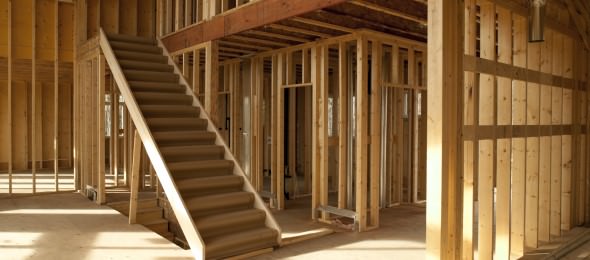The Fifth District Court of Appeals in Dallas has affirmed a lower court’s decision to confirm an arbitral award in a construction dispute. In Goldman v. Buchanan, No. 05-12-00050-CV, (Tex. App.—Dallas Mar. 21, 2013, no. pet. h.), Beryl Goldman entered into a contract to design and build a new house with an architect, Russell Buchanan, and a builder, Lawrence Wallace. The parties’ agreement contained an arbitration provision. Once construction was completed, Goldman sued both Buchanan and Wallace for breach of contract and negligence. After a trial court ordered the disputes to binding arbitration, but before arbitration took place, Goldman and Wallace entered into a settlement agreement for $1 million.
During arbitration, an arbitral panel found that the house had a number of construction and material flaws. The panel found that Buchanan failed to address obvious construction defects and ruled in favor of Goldman. At arbitration, Goldman was awarded more than $640,000 in damages and $196,300 in attorneys’ fees. The arbitrators then reduced the award to zero as a result of the previous settlement between Goldman and Wallace.
After Buchanan filed a motion to confirm the arbitral award, Goldman sought to have the arbitral panel’s decision vacated. Goldman alleged the arbitrators refused to allow him to present relevant evidence at the hearing. In addition, Goldman argued that the arbitrators manifestly disregarded state law with regard to damages. At a hearing on the matter, Goldman failed to submit a record of the arbitration hearing. Because of this, the trial court refused to allow Goldman to enter any exhibits except for the arbitral award into evidence. After the trial court confirmed the arbitrators’ decision, Goldman filed an appeal with the Fifth District.
First, the appeals court stated a party who seeks to vacate an arbitral award must bring forth a complete record of the arbitral proceeding in order to establish any basis for vacating the award. Because Goldman failed to provide a complete record of the arbitration hearing to the trial court, the Fifth District stated it was impossible to conclude that the arbitrators improperly refused to allow him to present evidence that was relevant to the case.
Next, the appeals court addressed Goldman’s argument that the arbitral panel manifestly disregarded Texas law when calculating his damages. According to the court,
Goldman failed to introduce a record of the arbitration proceedings before the district court and, therefore, this court has no record of what evidence or law was presented to the arbitrators on the issue of recoverable damages. Accordingly, we must presume the evidence supported the award.
Because Goldman failed to submit a record of the arbitration hearing to the trial court, the Dallas appeals court affirmed the lower court’s decision to confirm the arbitral award.











